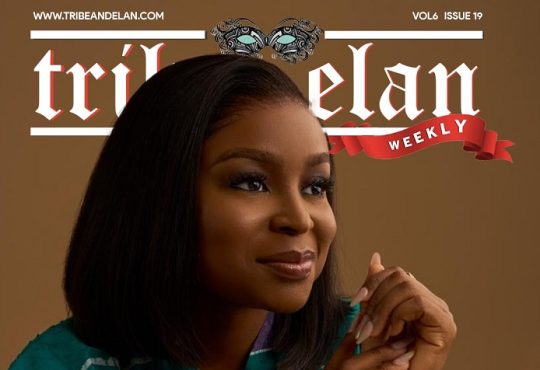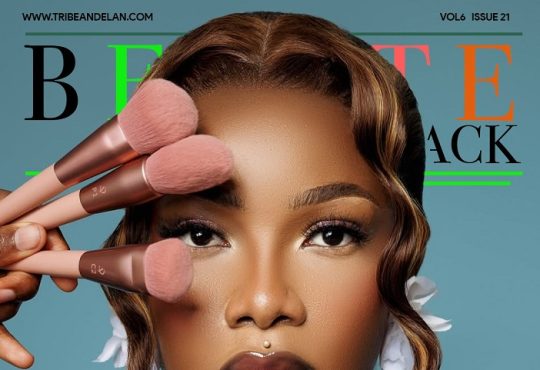Bridging the Sunscreen Gap: Do Dark Skin People Really Need Sunscreen?
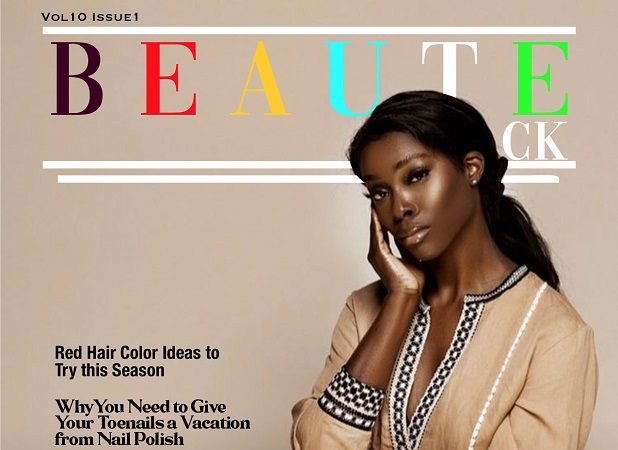
With the sun at its peak , the question – Do Black people need sunscreen? often arises and the answer is a resounding yes, despite the practice has not been that popular in the Black community — for years.
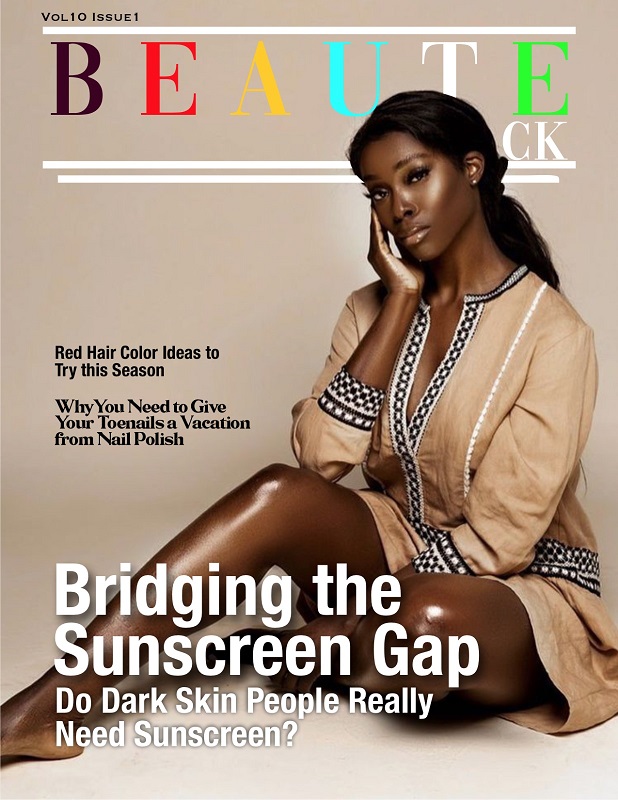
With the popular saying …. ‘Black don’t crack’ was actually ‘black don’t burn.”at some point because at the time , a lot of funding and awareness for research on the effect of the sun typically excludes those with darker skin tones. AT the time 47 percent of dermatologists and dermatology residents admitted that they weren’t properly trained on skin conditions in Black people.
Even in cases of pigment-related skin diseases where sun sensitivity is a concern, doctors still tell Black people to use sunscreen much less than their white counterparts. And to follow up with the research that both patients and physicians believe in sun immunity, 2011 research found that in comparison to white patients, dermatological clinicians were often less suspicious about sun lesions and other causes for alarm in Black patients.
When it comes to skin cancer, decreasing the risk is just as important as decreasing the degree to which people die from it.
Research suggests that many patients and physicians believe that non-white people are “immune” to common skin cancers. They aren’t. This myth may have come from the statistic that the Black community has a lower incidence of skin cancer.
However, what’s left out of the conversation is: Black folks who do develop skin cancer may be more likely to receive a late-stage prognosis.
It forms in areas not exposed to the sun: the palms of the hands, the soles of feet, and even underneath nails. Though not related to sun exposure, the areas where the cancer tends to form, no doubt has a hand in the often-delayed prognosis.
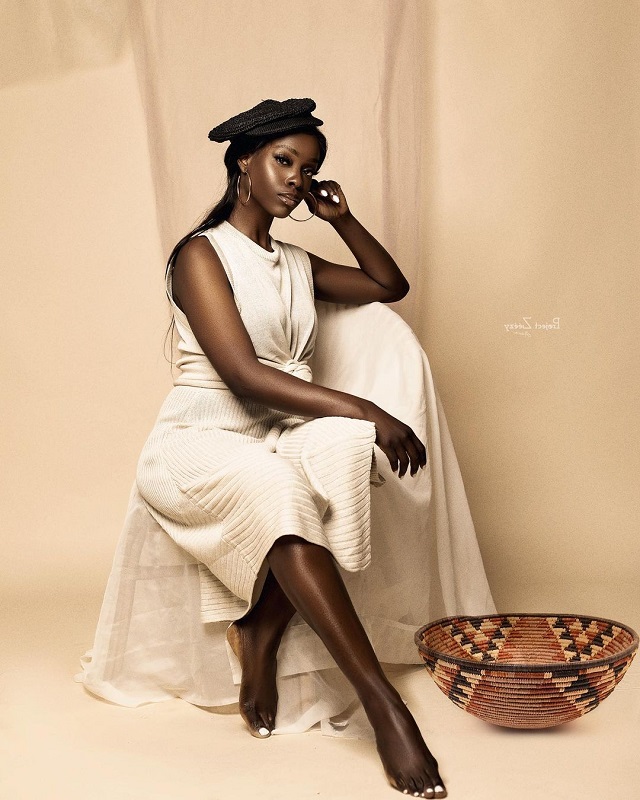
We all know about the magic of melanin. Its been said that people with darker skin tones have a natural SPF of 13” — but when it comes to the sun’s damaging effects, the power of melanin is hugely overstated and this is a lot less than the daily use of a SPF 30 or higher that dermatologists recommend for sun protection.So melanin may not be able to protect the skin from UVA rays as well as it protects skin from UVB rays.
Melanin is also not consistent throughout the body
Another common concern related to sunscreen use is how it affects the body’s absorption of vitamin D. Vitamin D deficiency may be approximately twice as prevalent in the Black population as it is in the white population, and many people believe sunscreen exacerbates this.
Its been discovered that when it comes to vitamin D, even when you wear sunscreen, you are still getting an adequate amount of sunlight to aid with vitamin D conversion.” Sunscreen still lets in the good stuff — like vitamin D from the sun — it just blocks the dangerous UV radiation.
Fortunately, there’s a changing tide to make skin care more knowledgeable and inclusive for Black skin as more companies are also becoming attuned to the needs of Black people.
Also with the advent of social media more emphasis on self-care, patients themselves are helping to advocate for these products.”
We shouldn’t leave sun protection and awareness out of these conversations, especially when it comes to preventing squamous cell carcinoma. Sunscreen is helps keep the melanin magical and the skin healthy.
Excerpts – Healthline
Cover image – Kehinde Smith aka The Melanin godmother





